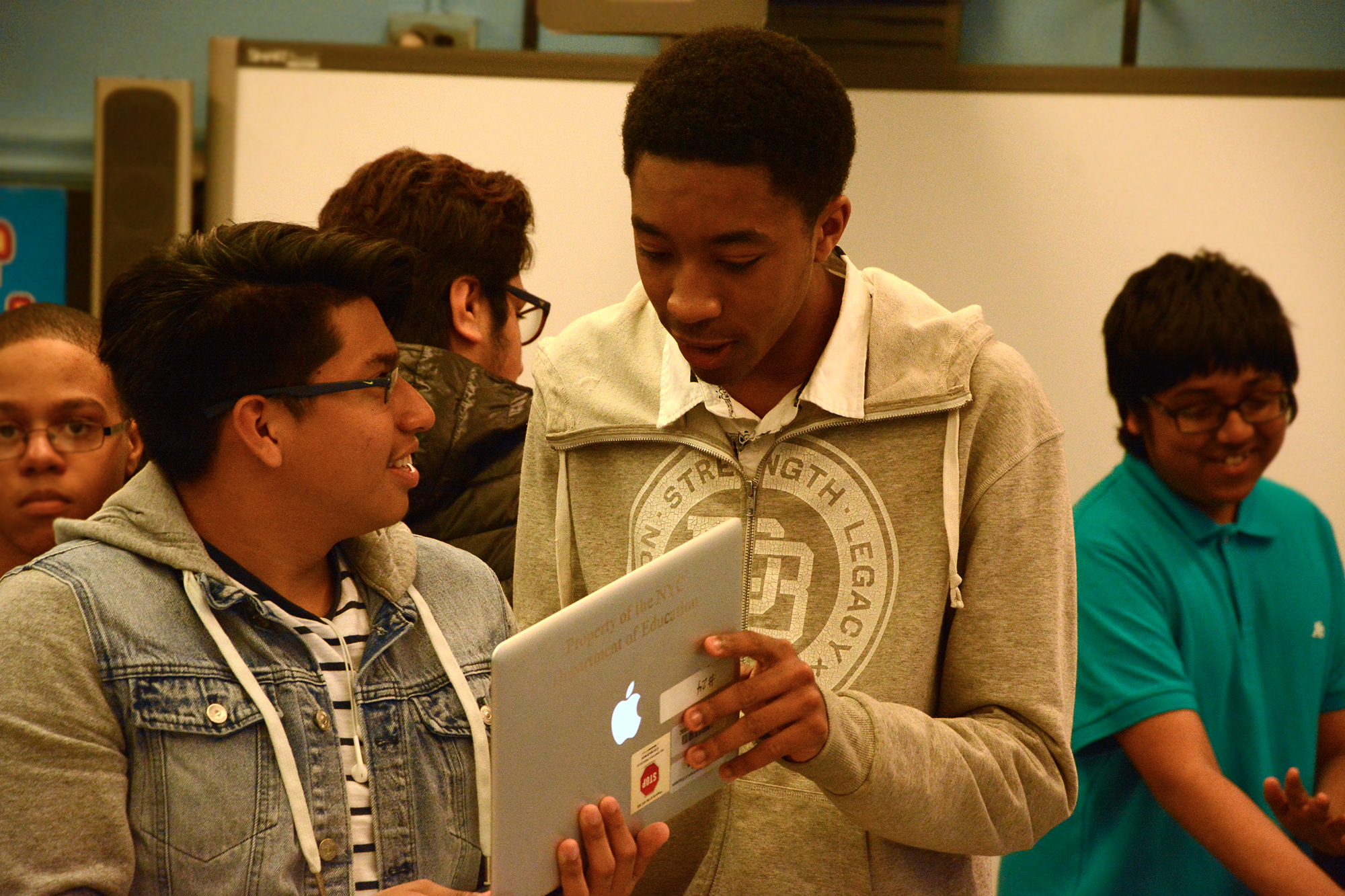Study originally published at informalscience.org
Scientists, educators, policymakers, and others have noted the importance of preparing scientists, engineers, and medical doctors not only for the laboratory but for broad participation in civic life. (McGinn and Roth 1999). Researchers and others have argued that the skills and knowledge required for civic participation by all citizens in a science and technology-dependent society might be fruitfully learned through engagement with the arts and humanities.
Recently, funded projects have explored the potential for the arts as part of a STEM curriculum for students and practitioners. Similarly, there have been experiments in integrating the humanities into these curricula. It is important to note that while the arts and humanities share many concerns, it would be a mistake to conflate the two as regards their impact on STEM learning.
Findings from Research and Evaluation
Humanities contributions
Donnelly (2004) has identified four distinctive contributions of the humanities to science education: 1) an appeal to an autonomous self with the right and capacity to make independent judgements and interpretations; 2) indeterminacy in the subject matter of these judgements and interpretations; 3) a focus on meaning, in the context of human responses, actions, and relationships, and especially on the ethical, aesthetic, and purposive; and finally, 4) the possibility of commonality in standards of judgement and interpretation, under conditions of indeterminacy.
